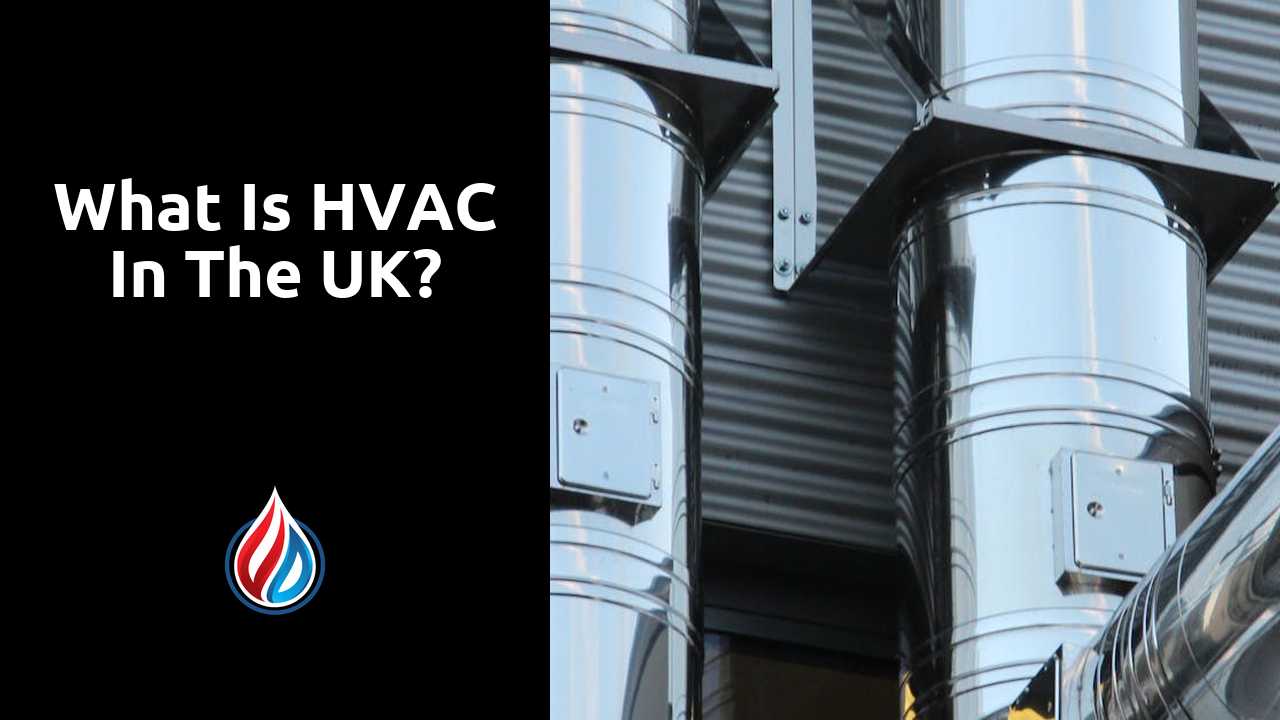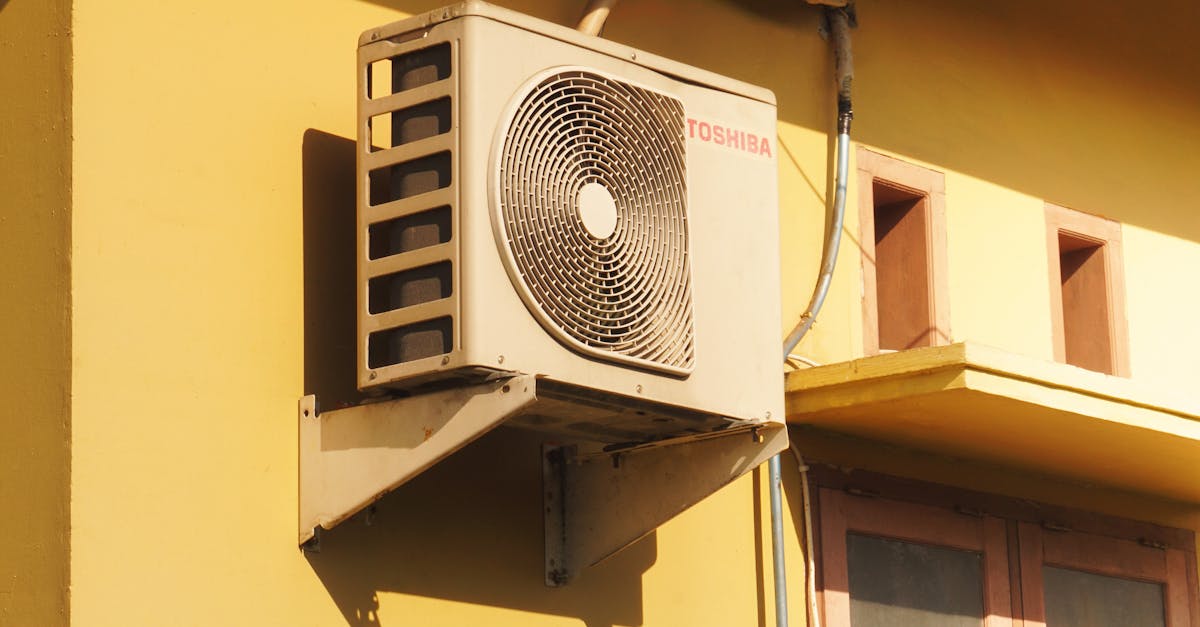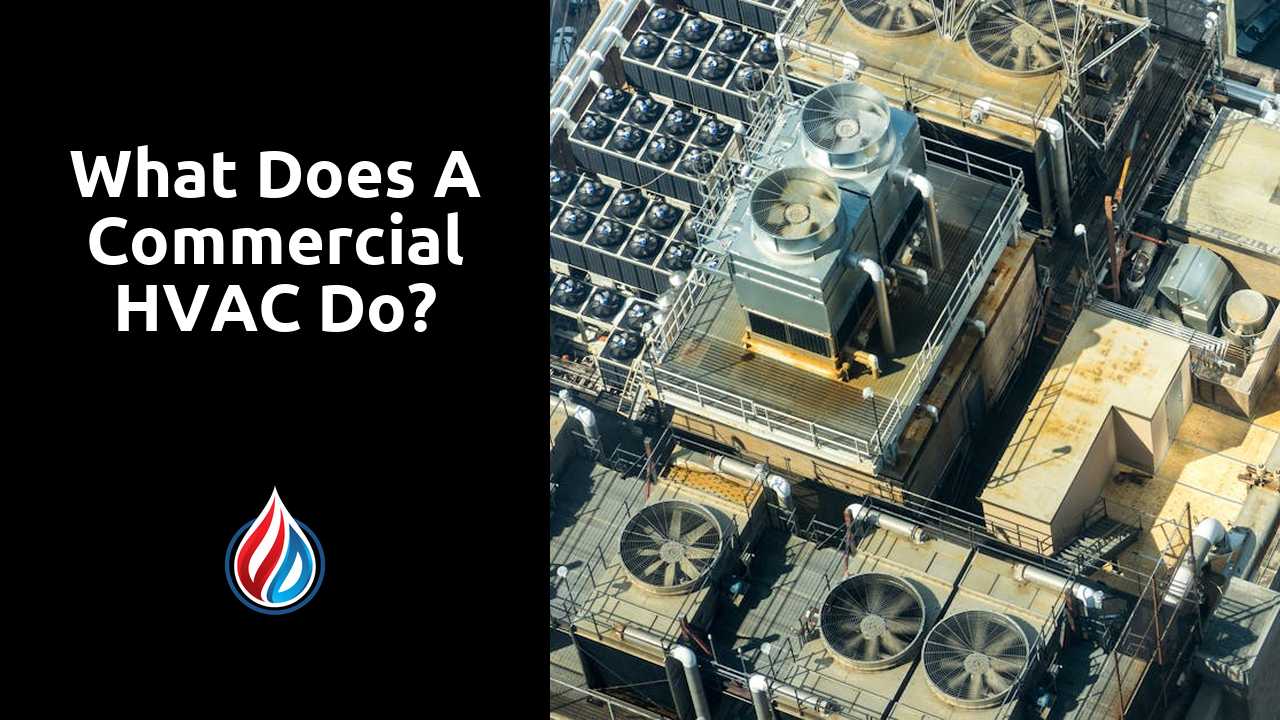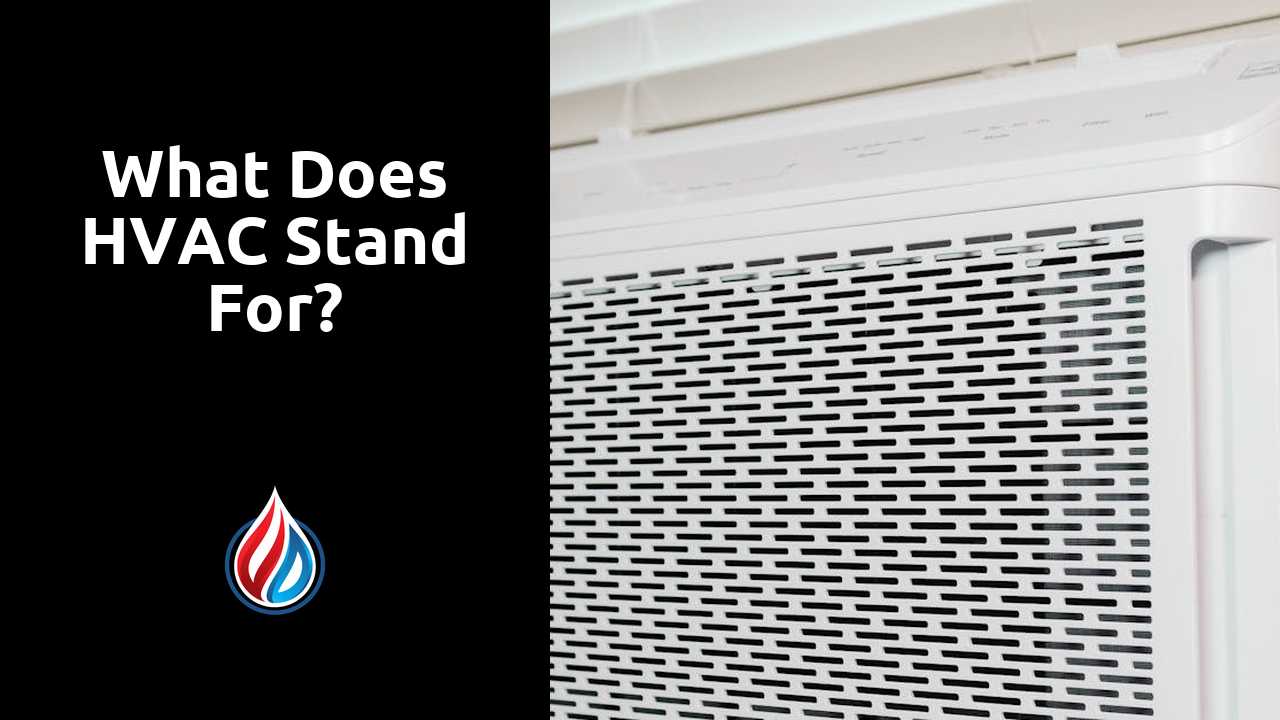
Table Of Contents
Regulations Governing HVAC Installation
In the UK, regulations governing HVAC installation are crucial for ensuring both safety and efficiency. The Building Regulations, specifically Parts L and F, stipulate requirements for energy efficiency and ventilation in buildings. Compliance with these regulations helps reduce energy consumption and minimise the environmental impact of heating and cooling systems. Companies offering Commercial HVAC Services must stay updated with local codes and legislation to ensure their installations meet all required standards.
Moreover, adherence to health and safety guidelines is paramount during the installation of HVAC systems. The Health and Safety at Work Act mandates that employers provide a safe working environment for all workers involved in HVAC installation. This includes adequate training and protective equipment for technicians, as well as ensuring that installations do not compromise structural integrity or public safety. Engaging qualified professionals for Commercial HVAC Services can help businesses navigate these regulations effectively.
Compliance with UK Standards
Compliance with UK standards is crucial for ensuring the safety and efficiency of HVAC systems. The Building Regulations 2010 outline specific requirements that must be followed during installation and operation. Adhering to these regulations not only promotes the safety of occupants but also contributes to energy efficiency and environmental sustainability. Professional installation is essential to meet these legal standards, and many businesses opt for Commercial HVAC Services to ensure compliance throughout the process.
In addition to government regulations, there are various industry standards that govern HVAC practices. The Energy Performance of Buildings Directive (EPBD) is one such regulation aimed at enhancing the energy efficiency of heating and cooling systems. Commercial HVAC Services often integrate these standards into their practices, ensuring that systems are designed and operated in line with both legal requirements and best industry practices. This approach helps businesses reduce operational costs while maintaining a commitment to environmental responsibility.
Maintenance Best Practices for HVAC
Regular maintenance of HVAC systems is crucial for ensuring optimal performance and longevity. Scheduled servicing should be conducted to clean filters, check for refrigerant leaks, and inspect all mechanical components. Not only does this routine care help in reducing energy consumption, but it also extends the lifespan of the system. Companies offering Commercial HVAC Services often provide comprehensive maintenance plans that include both preventive checks and emergency support, ensuring that businesses remain compliant with industry standards and regulations.
Understanding the importance of air quality is essential, particularly in commercial settings. Maintaining clean ducts and ensuring adequate airflow contribute significantly to the efficiency of the HVAC system. In addition, regular monitoring can help identify and resolve small issues before they escalate into costly repairs. Regular training for staff on how to spot potential problems can also enhance overall system efficiency, making it easier to maintain acceptable indoor air quality for all occupants.
Regular Checks and Servicing
Regular checks and servicing of HVAC systems are crucial for ensuring they operate efficiently and have a long lifespan. Routine maintenance helps identify potential issues before they escalate into costly repairs or system failures. Engaging professionals for regular inspections enables businesses to uphold optimal performance levels while adhering to safety regulations. Regular servicing also supports energy efficiency, which can reduce operational costs over time.
For businesses, utilising Commercial HVAC Services can simplify the maintenance process. These specialised services often include thorough inspections, adjustments, and cleaning, all aimed at improving system reliability. Scheduling regular maintenance not only helps prevent unexpected breakdowns but also ensures compliance with UK regulations. Investing in routine checks establishes a proactive approach to HVAC management, ultimately benefiting both the facility and its occupants.
Common HVAC Issues and Solutions
Common HVAC issues often arise due to inadequate maintenance or improper installation. In residential settings, problems like uneven heating or cooling and poor airflow can be prevalent. These issues may stem from blocked filters, malfunctioning thermostats, or ductwork problems. Regular inspections by professionals can help identify and rectify these factors before they escalate into more significant concerns.
In commercial environments, HVAC systems face even deeper challenges due to their complexity and scale. The constant demand for heating and cooling can lead to wear and tear, resulting in inefficient operation or system failures. Engaging in reliable commercial HVAC services ensures that businesses maintain optimal comfort levels while keeping energy costs under control. Proper troubleshooting techniques are vital in remedying issues swiftly, minimising downtime and disruptions to operations.
Troubleshooting Common Problems
Addressing common issues with HVAC systems requires a systematic approach. Many problems can manifest as decreased efficiency or unusual noises. For instance, a sudden drop in heating or cooling performance may indicate a clogged filter or malfunctioning thermostat. Inspecting the filter regularly and ensuring it is clean can often rectify airflow problems. If the issue persists, it may be necessary to consult professionals who specialise in Commercial HVAC Services, as more intricate problems could involve refrigerant leaks or compressor failures.
Another frequent challenge involves unexpected noises, which can range from subtle hums to loud banging. These noises may signal loose components or worn-out parts. Regular maintenance is essential to detect these issues early. In some cases, strange odours may arise, indicating mould growth or electrical problems. Identifying the source of these issues may require a detailed inspection. Engaging experts in Commercial HVAC Services can provide thorough diagnostics and effective repairs, ensuring the system operates smoothly and efficiently.
FAQS
What does HVAC stand for?
HVAC stands for Heating, Ventilation, and Air Conditioning, which is a system designed to provide comfort and air quality in indoor environments.
What are the key regulations governing HVAC installation in the UK?
Key regulations include the Building Regulations, which set standards for energy efficiency and safety, and the F-Gas Regulations, which govern the use of fluorinated greenhouse gases in HVAC systems.
How often should HVAC systems be serviced?
It is generally recommended to service HVAC systems at least once a year to ensure optimal performance and longevity, though some systems may require more frequent checks depending on usage.
What are some common issues with HVAC systems?
Common issues include insufficient heating or cooling, unusual noises, and poor air quality. These problems can often be attributed to dirty filters, refrigerant leaks, or improper installation.
How can I troubleshoot common HVAC problems?
Start by checking the thermostat settings, replacing dirty filters, and ensuring vents are not blocked. If problems persist, it may be best to consult a professional technician for a thorough inspection.


